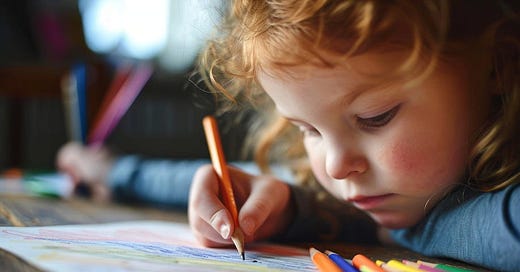Social & Emotional Needs of the Gifted
High intellectual functioning affects children and their development
Basic needs do not vary from one individual to another; the ways to meet those needs, however, varies from one person to another. All of us need love and acceptance and a sense of purpose and fulfillment. It is my goal to help people understand how high intellectual functioning affects children and their development. And, when not given what they need w…
Keep reading with a 7-day free trial
Subscribe to Gifted Through the Lifespan to keep reading this post and get 7 days of free access to the full post archives.




